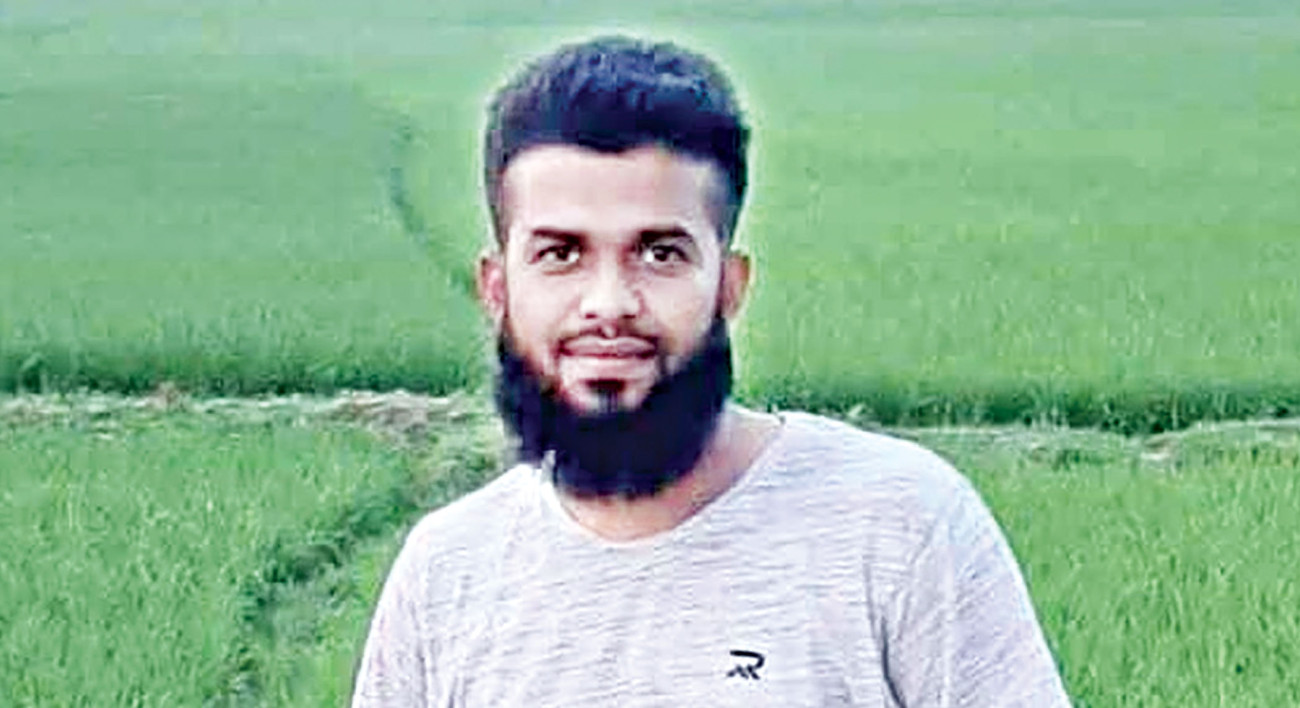Red is the colour of July

The calendar insists that July is a monsoon month, the time that replenishes and revitalises nature. But in Bangladesh, the seventh page of 2025 has turned into a ledger of blood once again. Last July, it was Abu Sayed, shot in the chest on July 16 while demanding a future beyond grovelling for a government job. This July, it is Md Sohag, hacked, beaten and stoned to death in broad daylight near a gate of Sir Salimullah Medical College Mitford Hospital, allegedly over an extortion-related issue. At this rate, the almanac should come with a health warning: red weather ahead, keep your hopes indoors.
Since Sheikh Hasina's fall in August last year, at least 114 lynchings have been documented, including 41 mob beatings in June alone. Multiple crimes against minorities have been recorded, along with many more instances of theft, robbery and other serious crimes. That is only what has been reported. The state's defenders claim the law is robust, yet try lodging a case against a mob or a criminal with connections and watch your complaint fold like origami in the local police station. The machinery of justice moves like an ageing pachyderm, while the machinery of rage strikes like a bullet. The result is a grotesque efficiency: violence arrives in minutes, while verdicts take decades, if they come at all.
Why July? Perhaps because the monsoon sky is an accomplice—clouds gather like witnesses refusing to testify. Perhaps because parliament is usually in recess, leaving the country under the watch of cafeteria staff and bored sub-inspectors. Or perhaps July is simply an annual reminder that nothing really has changed as much as we would want them to. We dismantled one dynasty, congratulated ourselves on the novelty of an interim government, then forgot to dismantle the habits that kept the old tyranny alive. Power abhors a vacuum, where mobs and criminals rush in. When the justice system fails, the mob fills the gap. When law enforcers fail to act, criminals take over. And when the state tolerates this, it becomes complicit.
Last year, Abu Sayed's death sparked promises of revolution and reform. One year later, the slate is dirty again, stained with fresh blood and lazy slogans. Md Sohag dies, and the same voices that preached reform now issue hollow condemnations. We are learning that toppling a regime is far easier than uprooting the culture of impunity that sustained it. You can change the faces at the top; rewiring a nation takes generations.
There are solutions: fast-track courts, witness protection, forensic training for police, and civic education teaching the difference between a writ petition and a witch hunt. But solutions demand money, patience, and political courage—three things in shorter supply than electricity on a summer evening. Instead, we settle for the theatre of outrage: candlelit vigils, viral graphics, think-pieces like this, skimmed between coffee sips before fading away.
And so, July will return. The clouds will bruise the sky, the rivers will swell, and somewhere a rumour will hatch evil wings. Extortionists will continue to run rampant. Another name will be shouted, another body will fall, and the crowd will applaud brittle applause. We will update the statistics, tug our collars, and promise to remember, until memory becomes too heavy to bear.
When the guardians of law step aside, the lawless step in. When justice becomes a labyrinth, vengeance is a straight path. And when July turns crimson repeatedly, you don't need a commission of inquiry to recognise a pattern. You need a mirror.
The same police who monitor political protests with drones and rubber bullets cannot stop public lynching in broad daylight. The government wants credit for steadying the ship after a dictatorship was brought down, but refuses to admit it governs a country where a lack of justice and widespread criminality is the default operating system. You can remove faces at the top, but if the police hesitate to act, courts delay trials, citizens believe Facebook rumours are enough reason to kill, and extortionists believe they can murder in broad daylight and get away with it, what has actually changed?
In Bangladesh, July is no longer just a month. It's a ritual. A body. A bystander. A brief moment of noise. Then silence. We wait for the next victim. The next blurry video. The death of Abu Sayed was supposed to mark the start of a new Bangladesh. The death of Md Sohag proves it has yet to arrive, showing that you cannot reform a system by simply changing some logos.
Barrister Noshin Nawal is an activist, feminist, and a columnist for The Daily Star. She can be reached at nawalnoshin1@gmail.com.
Views expressed in this article are the author's own.
Follow The Daily Star Opinion on Facebook for the latest opinions, commentaries, and analyses by experts and professionals. To contribute your article or letter to The Daily Star Opinion, see our submission guidelines.




 For all latest news, follow The Daily Star's Google News channel.
For all latest news, follow The Daily Star's Google News channel. 

Comments